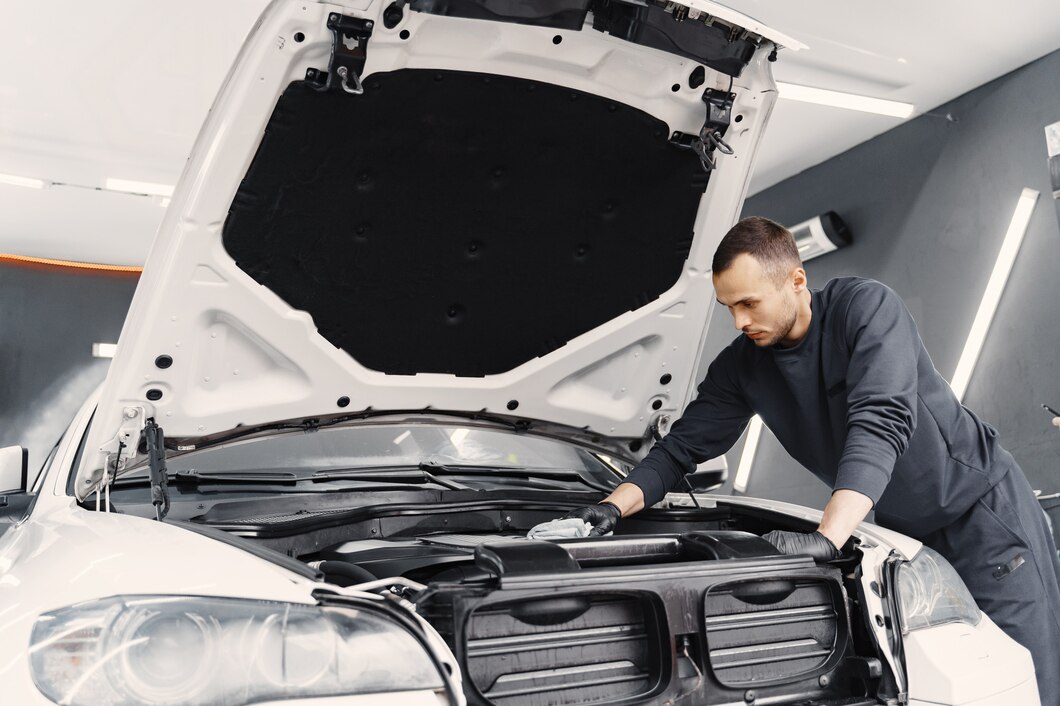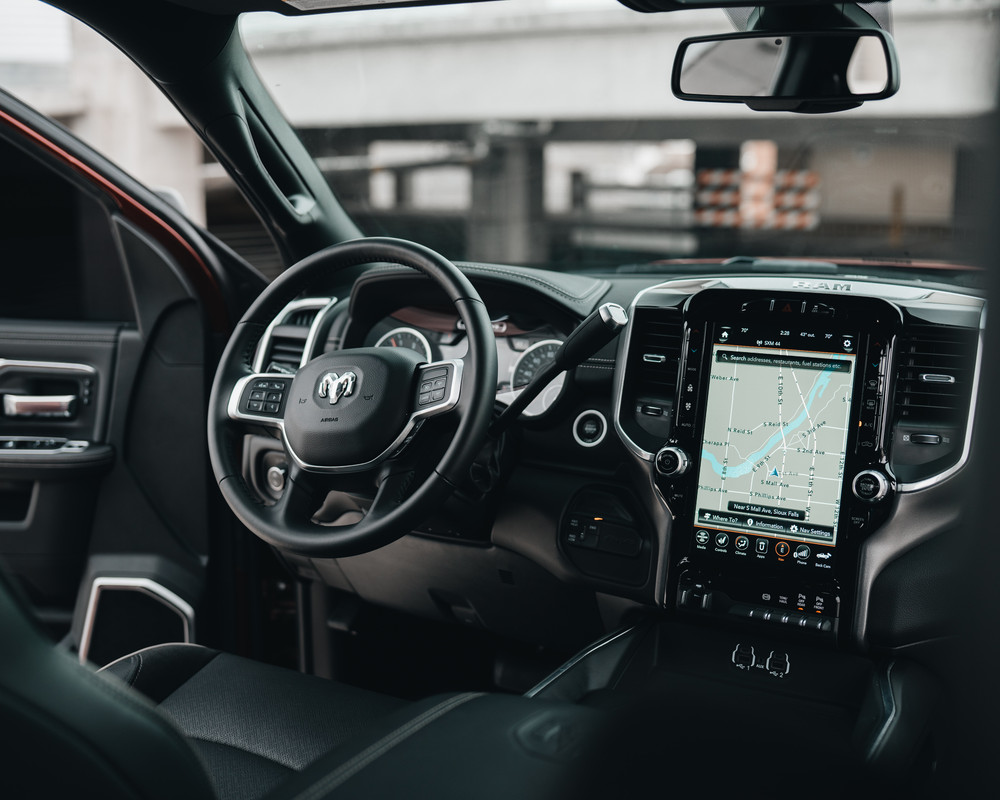Introduction
Owning a European car, whether it’s a luxurious Mercedes-Benz, a high-performance BMW, or a reliable Volkswagen, is a dream for many car enthusiasts. However, when it comes to servicing and repairing these vehicles, many questions arise: How often should I service my European car? What are the best practices for maintaining its performance and reliability? How do I find a trustworthy mechanic who specializes in European cars? In this article, we will explore the world of European car service and repair, providing you with valuable insights and tips to keep your luxury vehicle in top shape.
The Importance of Regular European Car Service
Regular European car service is crucial to ensure the optimal performance, reliability, and safety of your vehicle. European cars are known for their engineering excellence and precision, but they also require meticulous maintenance to preserve their unique characteristics. Some of the main advantages of regular European car service include:

– Extending the lifespan of your vehicle
– Maximizing fuel efficiency
– Reducing the risk of unexpected breakdowns
– Maintaining optimal performance
– Preventing expensive repairs in the future
– Ensuring the safety of you and your passengers
Understanding the Service Intervals for Your European Car
Each European car manufacturer has specific recommended service intervals for their vehicles. These recommendations are based on factors such as the model, engine type, driving habits, and environmental conditions. It is essential to follow the manufacturer’s guidelines to ensure the longevity and performance of your European car. Some common service intervals include:
– Audi: Every 10,000 miles or 12 months, whichever comes first
– BMW: Every 10,000 miles or 12 months, whichever comes first
– Mercedes-Benz: Every 10,000 miles or 12 months, whichever comes first
– Volkswagen: Every 10,000 miles or 12 months, whichever comes first
– Porsche: Every 10,000 miles or 12 months, whichever comes first
It is important to note that these intervals may vary depending on your specific vehicle and driving conditions. Always refer to your owner’s manual for the most accurate information.
Common European Car Repairs and Their Causes
European cars are known for their durability and reliability, but they are not immune to common automotive issues. Some of the most common European car repairs include:
– Brake system repairs (e.g., replacing brake pads and rotors)
– Cooling system repairs (e.g., replacing water pumps and thermostats)
– Suspension and steering repairs (e.g., replacing control arms and tie rods)
– Electrical system repairs (e.g., replacing alternators and batteries)
– Engine repairs (e.g., addressing oil leaks and replacing timing belts)
Many of these issues can be prevented or mitigated through regular maintenance and early detection.
Tips for Maintaining the Performance and Reliability of Your European Car
Proper maintenance is key to keeping your European car running smoothly and reliably. Some essential maintenance tips include:
– Regularly checking and changing your engine oil and filter
– Inspecting and replacing your air and cabin filters
– Ensuring your tires are properly inflated and regularly rotated
– Checking and replacing your brake pads and rotors as needed
– Inspecting and maintaining your vehicle’s cooling syste
– Keeping an eye on your vehicle’s electrical system, including the battery and alternator
Finding a Trustworthy European Car Mechanic
When it comes to European car service and repair, it’s essential to find a mechanic who specializes in your specific make and model. This will ensure that they have the necessary expertise, tools, and parts to properly service your vehicle. Some tips for finding a trustworthy European car mechanic include:

– Asking for recommendations from friends, family, or online forums
– Looking for online reviews and ratings
– Checking for certifications and affiliations with professional organizations
– Asking about the mechanic’s experience with your specific make and model
– Ensuring the mechanic uses OEM (Original Equipment Manufacturer) or high-quality aftermarket parts
6. DIY vs. Professional European Car Service and Repair
While some European car owners may be tempted to perform maintenance and repairs themselves, it’s important to recognize the complexity and precision of these vehicles. Many tasks require specialized tools, equipment, and expertise that only a professional European car mechanic can provide. In most cases, it’s best to leave European car service and repair to the experts.
7. The Costs of European Car Service and Repair
European car service and repair can be more expensive than servicing domestic or Asian vehicles due to the higher cost of parts and specialized labor. However, investing in regular maintenance and prompt repairs can save you money in the long run by preventing more expensive issues down the line. Additionally, maintaining your European car’s performance and reliability can help preserve its resale value.
Conclusion
Owning a European car is a rewarding experience, but it also comes with the responsibility of proper maintenance and care. By understanding the importance of regular European car service, following the recommended service intervals, and finding a trustworthy mechanic, you can ensure the longevity and performance of your luxury vehicle. Remember, investing in regular maintenance and prompt repairs can save you money in the long run and help you fully enjoy the unique driving experience that only a European car can offer.


